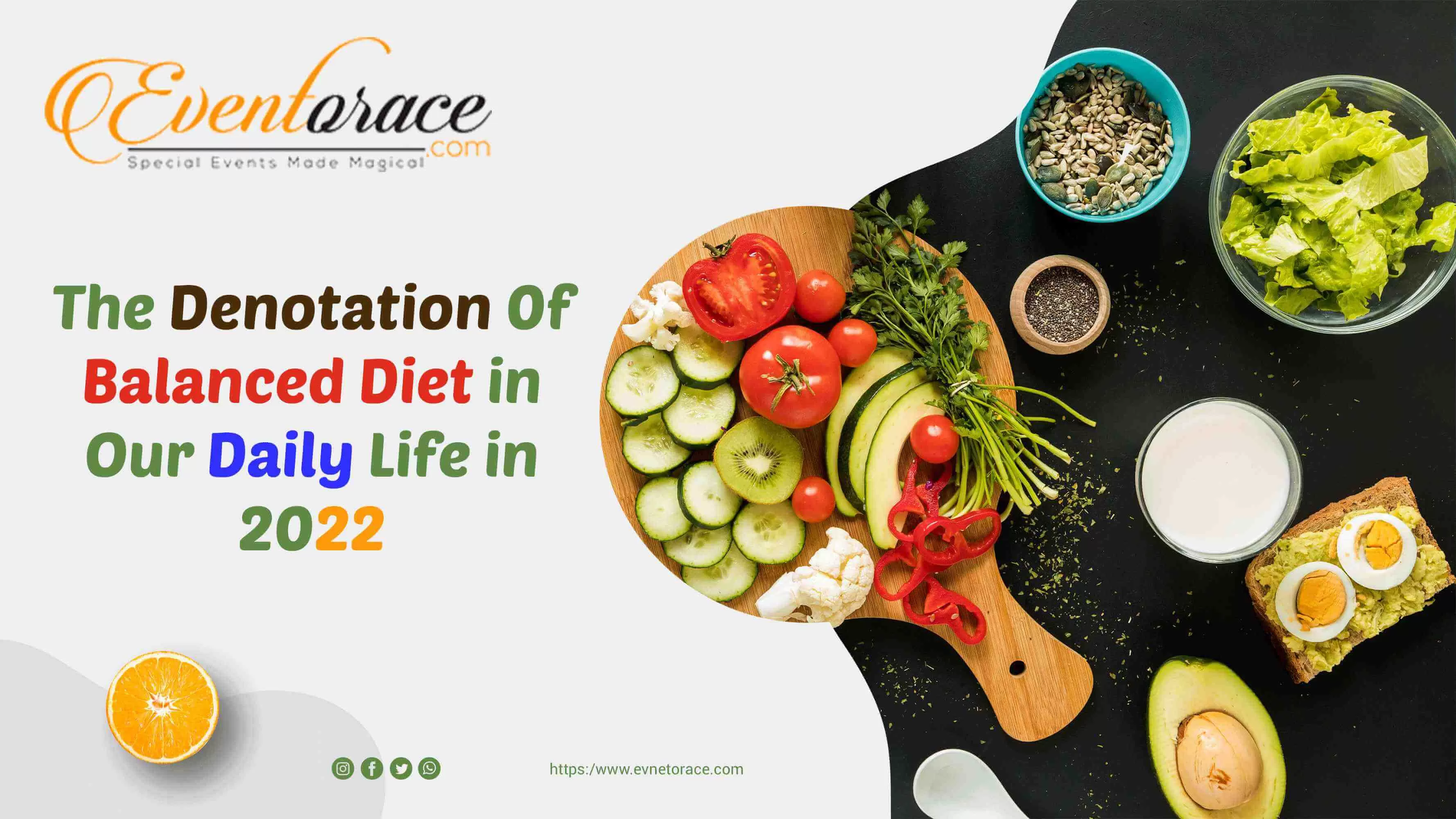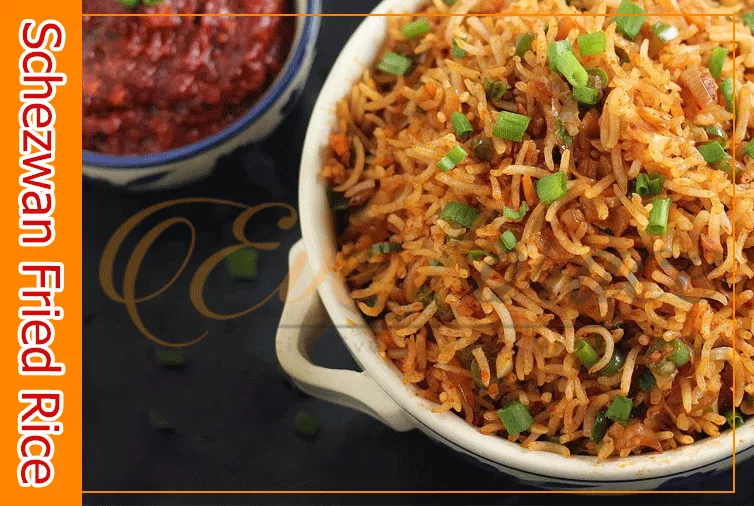Healthy Eating Plan USA – Expert-Backed Guide for Balanced Nutrition
Introduction: Building a Healthier America, One Plate at a Time
Fast food and busy schedules make healthy eating feel hard — but small, consistent choices add up fast. This guide turns nutrition science into everyday meals that fit American lives without sacrificing taste or convenience.
Understanding the Foundations of a Healthy Eating Plan
Following USDA-style balanced eating means mixing macronutrients (carbs, proteins, fats) and micronutrients (vitamins & minerals). Below is a practical daily target for many adults — adjust for your activity level and goals.
- Energy 2,000–2,500 kcal
- Protein 50–60 g
- Carbohydrates ~250 g (whole grains)
- Healthy fats 70–80 g
- Salt & Sugar Salt ≤5 g, Sugar ≤25 g
Swap frying for grilling, choose sparkling water with lemon instead of soda, and pick whole grains to steadily fuel your day.
Designing Meals: Breakfast, Lunch, Snacks & Dinner
Power Breakfast
Breakfast stabilizes blood sugar and reduces mid-day cravings. Aim for protein + fiber + complex carbs.
- Whole-grain toast + scrambled eggs + avocado
- Greek yogurt + berries + chia seeds
- Smoothie: soy milk + spinach + banana + protein powder
Pro tip: Add a handful of nuts for healthy fats and longer satiety.
Midday / Lunch
Make lunch satisfying but not heavy: lean protein + whole grains + vegetables + healthy fat.
- Grilled chicken or tofu bowl with brown rice and steamed broccoli
- Tuna wrap in whole-grain tortilla with spinach
- Chickpea salad with olive oil & lemon
Avoid refined white carbs and sugary drinks — infused water is a refreshing swap.
Smart Snacks
Snack ideas that stabilize energy:
- Trail mix: nuts + seeds + few dried fruits
- Apple slices with peanut butter
- Hummus with vegetable sticks
Dried fruit is concentrated sugar — great for pre-workout energy but eat in moderation.
Dinner: Fuel for Recovery
Evening meals should support repair and sleep — combine lean protein, whole grains, and healthy fats.
- 1 cup brown rice or quinoa
- Grilled salmon or lentil patties
- Steamed spinach & broccoli
- Sparkling water with lime
Complex carbs at dinner are fine — they help overnight recovery and relaxation.
Power Foods to Include in Your Daily Routine
Beans
High in fiber and plant protein — heart-friendly and filling.
Calories: ~250 per cup
Yogurt
Low-fat yogurt & kefir supply probiotics, calcium, and iodine.
Calories: ~150 per cup
Soybeans
Packed with fiber and plant protein — ideal for vegetarian diets.
Calories: ~180 per half-cup
Spinach
Low-calorie and nutrient-dense — great for bones & blood health.
Calories: ~15 per 2 cups
Beef Liver
Nutrient-dense: iron, choline, and chromium. Eat in moderation.
Calories: ~140 per 3 oz
Portions & Timing
Correct portion sizes keep calories in check. Use your hand as an easy measuring guide:
- Protein (meat/fish/tofu): palm of your hand
- Cheese: two thumbs
- Carbs (rice/pasta): fist
- Fats (nuts/oils): thumb tip
USDA MyPlate: ½ plate vegetables, ¼ plate protein, ¼ plate whole grains — simple and effective.
When to Eat Protein
Research suggests spreading protein (15–25 g) across meals supports muscle synthesis and metabolism better than loading it all into one meal.
Add protein at breakfast and lunch (eggs, Greek yogurt, or plant shakes) to stay full and energized.
Real-Life Example: Emma's Story
How small changes made a big difference
Emma, 34, replaced sugary coffee with herbal tea, added salmon twice weekly, and prepped trail mix for snacks. Within six weeks she lost 5 lbs, had steadier energy, and slept better — all from sustainable swaps, not extreme dieting.
Final Thoughts
Healthy eating in the USA doesn’t mean giving up flavor or convenience — it means choosing balance. Little changes like swapping fried for grilled, adding leafy greens, and spreading protein across meals build habits that last.
Remember: “Healthy eating is not punishment — it’s self-respect served on a plate.”










(0) Comments